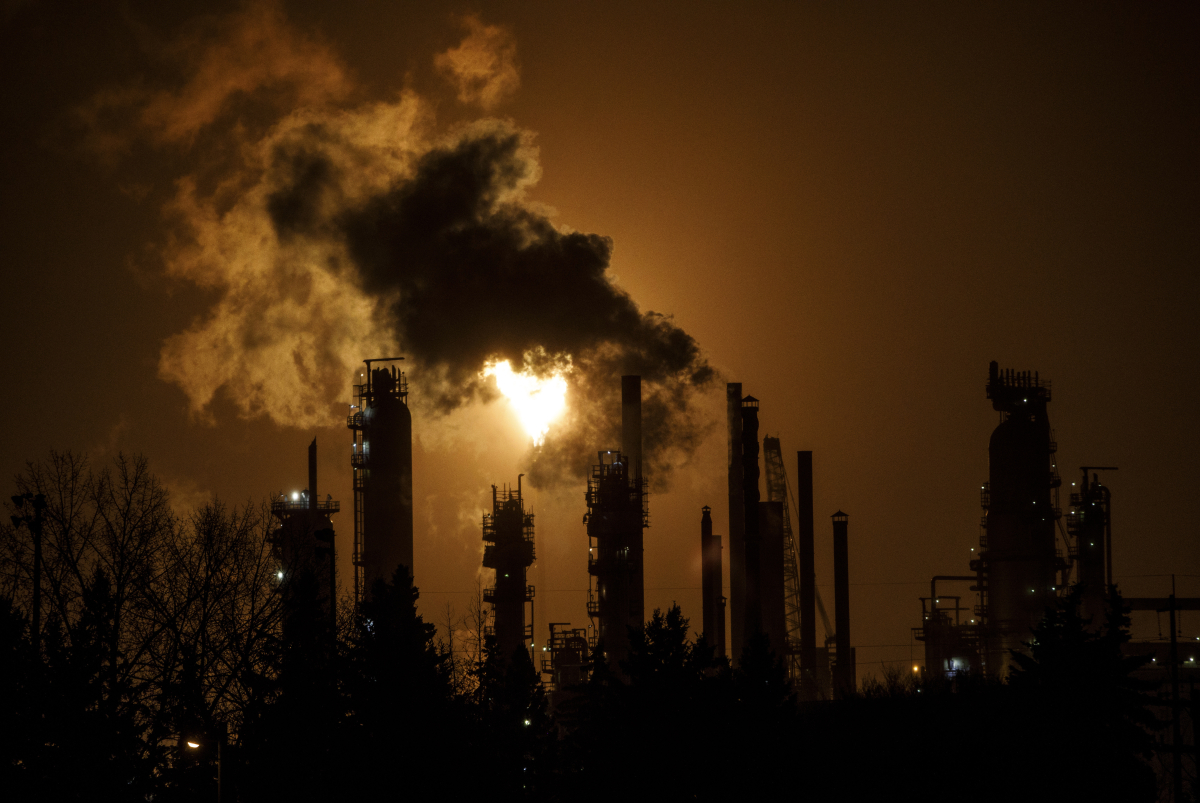Support strong Canadian climate journalism for 2025
An oil and gas industry group is calling on the federal Competition Bureau to ensure environmental groups are held to the same truth-in-advertising standards as other sectors under new federal greenwashing rules.
The Canadian Association of Petroleum Producers — which represents the country's oil and gas companies — said Thursday it has submitted formal recommendations to the bureau, which is in the process of developing guidance around the new legislation.
The federal government passed a law in June that contained an amendment to the Competition Act requiring corporations to be able to provide evidence to support their environmental claims.
The passage of the law sparked a furor from the oil and gas sector. CAPP, as well as the Pathways Alliance oilsands group and a number of individual oil and gas companies, removed environmental content from their websites in response.
Industry representatives said the legislation effectively silences discussion around climate and environmental policy, and potentially opens up companies to lawsuits by green groups and activist organizations.
In its submission, CAPP said it still believes the new legislation is so flawed it should be repealed.
But it said since the bureau is in the process of drafting guidelines for the new provisions, it should ensure the rules apply equally to all sectors.
"This includes all types of organizations in Canada, including not-for-profit groups involved in raising capital for charitable and non-profit purposes," CAPP said.
"The Competition Bureau should make it clear that parties, such as climate advocacy groups ... are subject to the same standards in respect of their own communications and representations."
The Competition Act amendment passed in June says businesses must not make claims to the public about what they are doing to protect the environment or mitigate the effects of climate change unless those claims are based on "adequate and proper substantiation in accordance with internationally recognized methodology."
The provision is not fossil fuel-specific, but applies to all businesses and economic sectors.
Business groups have expressed concern that the new rules will limit disclosure of climate targets and ambitions to investors and financial markets, putting Canadian companies at a disadvantage relative to companies operating in other jurisdictions.
This report by The Canadian Press was first published Sept. 5, 2024.





Comments
No need for ENGOs to exaggerate. Reality speaks for itself.
No comparison between industry and environmental groups. ENGOs are not trashing the planet.
When environmental groups get it wrong, the result is a cleaner, healthier environment with more abundant wildlife.
When industry gets it wrong, the result is massive pollution, a destabilized climate, species extinction, ecological collapse, and public health disasters. Not to mention massive profits. The environmentalist Davids face industrial Goliaths.
Industry has run an organized PR campaign for decades to confuse the public around climate change and stall action. Now that blatant science denial no longer works, industry now obstructs effective climate policy in favor of false climate solutions like carbon capture that perpetuate fossil fuels.
Who will prosecute ENGOs for reducing pollution, slowing climate change, and staving off disaster?